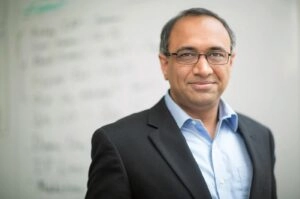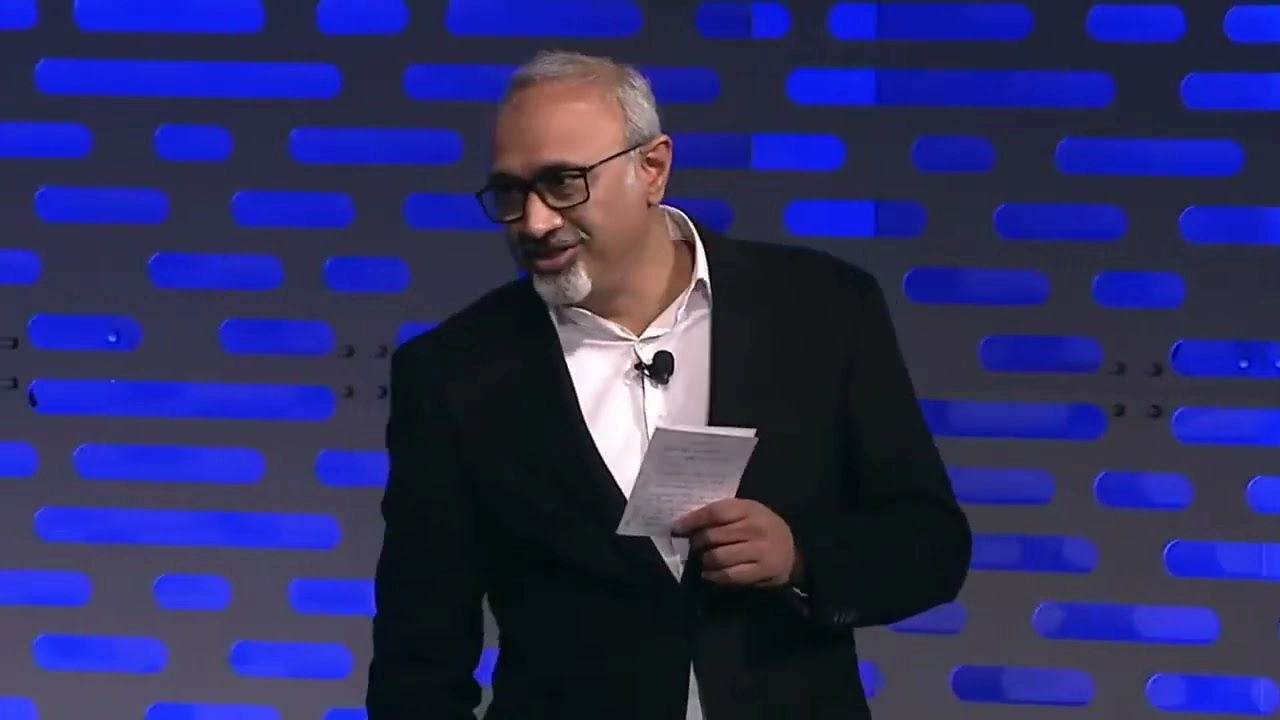Recent Posts

Track and Trace: Revolutionizing the Retail Industry's Supply Chain With RFID
Christina Flygstad - July 5, 2022When it comes to retail operations, RFID technology has most frequently been used to track and trace inventory onsite. However, the potential for this technology to transform end-to-end supply chain logistics is very real. “Radio frequency identification, or RFID, offers a more accurate and much
Read more
What next for higher education? Here's an alternate learning model for the future
MarketScale -The disconnect between higher education and employability is growing, along with the soaring costs of tuition fees and student debt. Employers are relying less on college education and many are exploring alternate educational pathways to employment. The new educational institutional (NEI) model takes an alternate approach that combines academic and practical experience.
Read more
There’s a big gap between higher education and jobs. Here’s an alternative learning model
MarketScale -Higher education finds itself trapped in a distressing quandary. On the one hand, employers have voiced increasing concerns about the disconnect between education and employability. On the other, the cost of higher education is growing rapidly. In the US, for example, tuition fees have outpaced inflation significantly, and total debt has surpassed $1.75 trillion.
Read more









